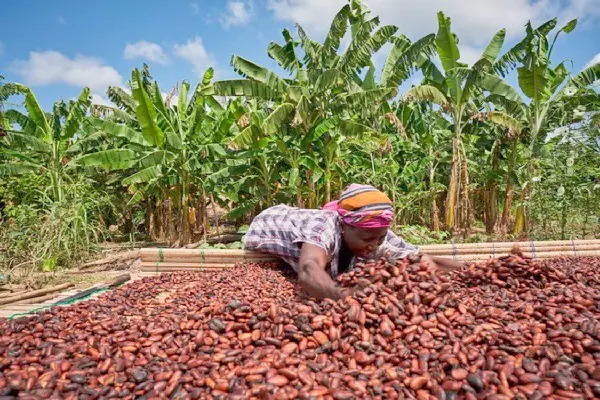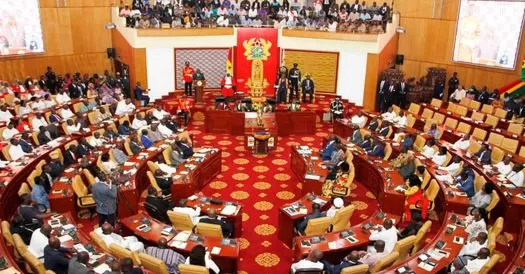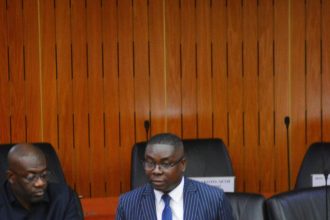Government is making progress in negotiations to increase its stake in the extractive sector, Deputy Minister, Dr John Ampontuah Kumah, has said.
He said the move was in line with government policy to deliberately increase the country’s shareholdings in mining and oil and gas companies.
Dr Kumah, who disclosed this in an interview with journalists on the sidelines of the launch of the 2019 Ghana Extractive Industries Transparency Initiative (GHEITI) Report, also said the exit of some companies from the extractive sectors as part of the global energy transition agenda through which some Western countries were shifting from hydrocarbons to other forms of clean energy, had created the need for the country to control interest in the extractive sector.
He said the government holding controlling interest in oil and gas would help the country to accrue more revenue from the sector.
Dr Kumah said GNPC this year had taken steps to increase our controlling interest in some of the oil and gas companies.
Asked if the government had any strategy to help the country rake in more revenue from the extractive sector, the Deputy Minister responded that the GHETI Report would help the government to have a full picture of what is happening in the sector to inform government policy decisions.
Dr Kumah, however, said the extractive sector was one of the sectors which was hardest hit by COVID-19, and therefore, there was a limit government could take from the sector.
Turning his focus on GHEITI, the Deputy Minister of Finance said Ghana signed on the EITI in 2003 and produced the first report in 2006, the report highlights payments players in the mining and oil and gas sectors made to government.
So far, he said the country has produced 16 mining and nine oil and gas reports.
Dr Kumah said the recommendations in the report would inform government decisions in the mining and oil and gas sectors.
He said government was working tirelessly to safeguard the revenues from the country’s extractive resources, with a view to judiciously manage and utilize the revenues for the benefit of the country.
The Deputy Minister of Energy, Dr Mohammed Amin Adam, in his remarks said the recommendations in the EITI had informed wide range of policy reforms in both the mining and oil and gas sectors.
He called for the review of the EITI and said, he was happy the EITI Secretariat and the EITI Board, were currently holding consultations for review and refine of some sections of the EITI.
Dr Adam encouraged the stakeholders in the EITI in Ghana to ensure proper dissemination of the findings and recommendations of the GHEITI report.
The EITI is a global governance tool for improving transparency and accountability in resource-rich countries through full publication and verification of company payments and government revenues from mining and oil and gas sectors.
It’s a government-led process, with government and companies making disclosures, while civil society serves as a watchdog to ensure that the set goals are attained.
The publication of the report was sponsored by the Swiss government through SECO and Germany through GIZ.
















